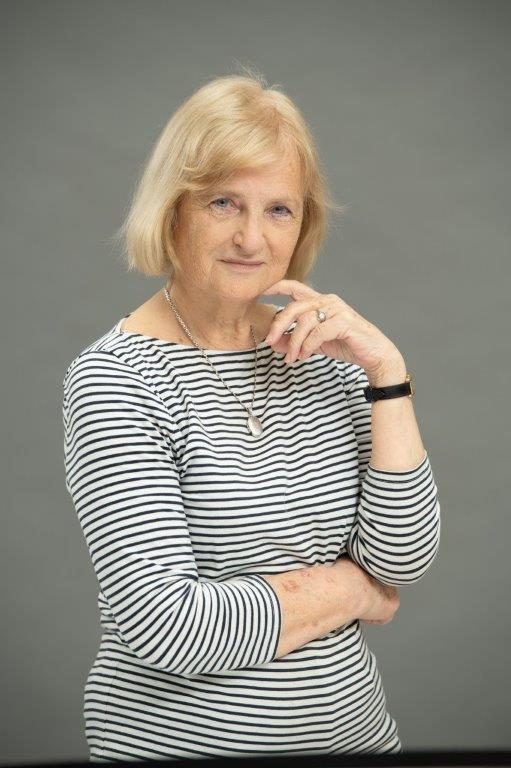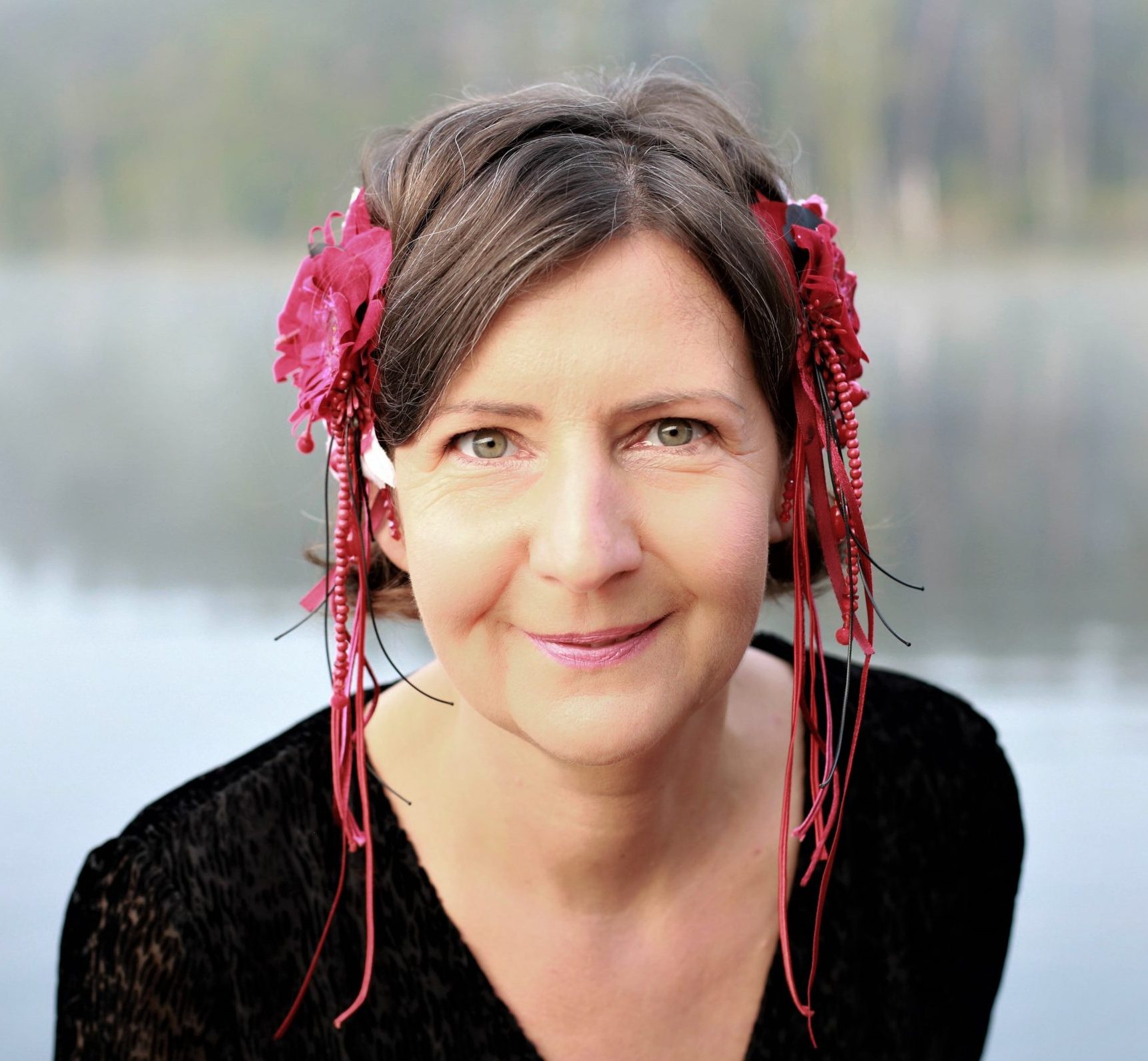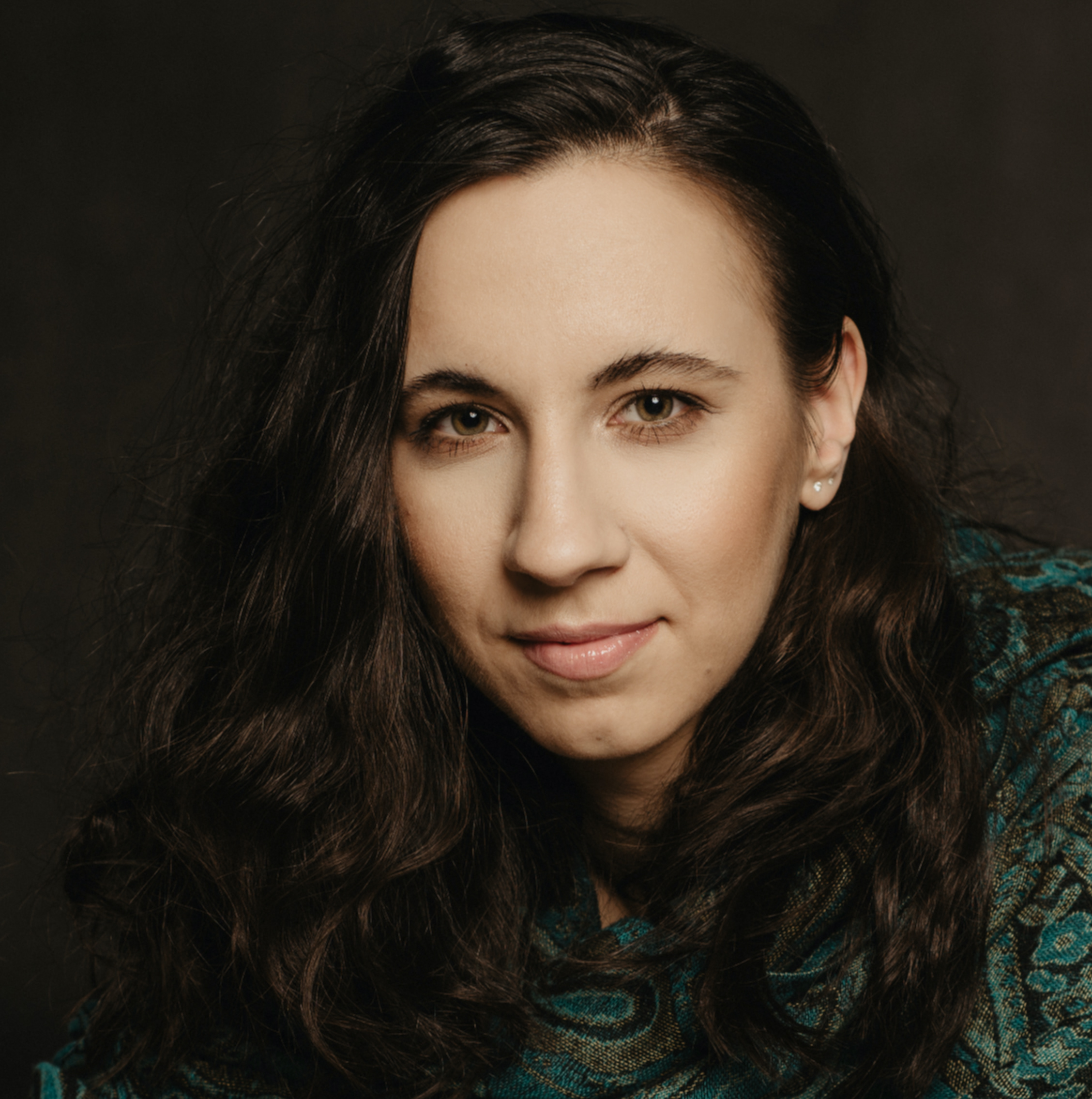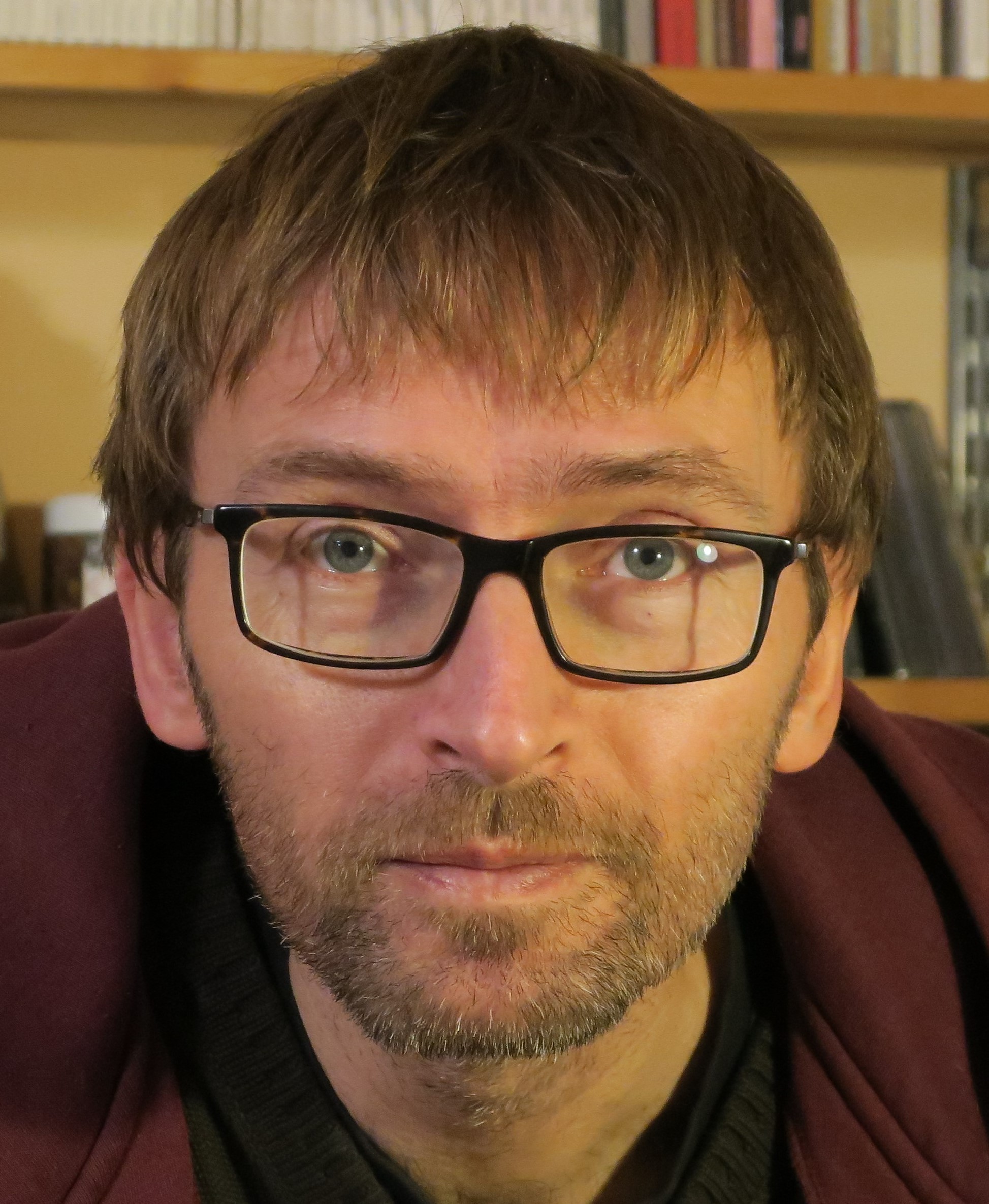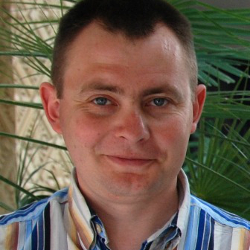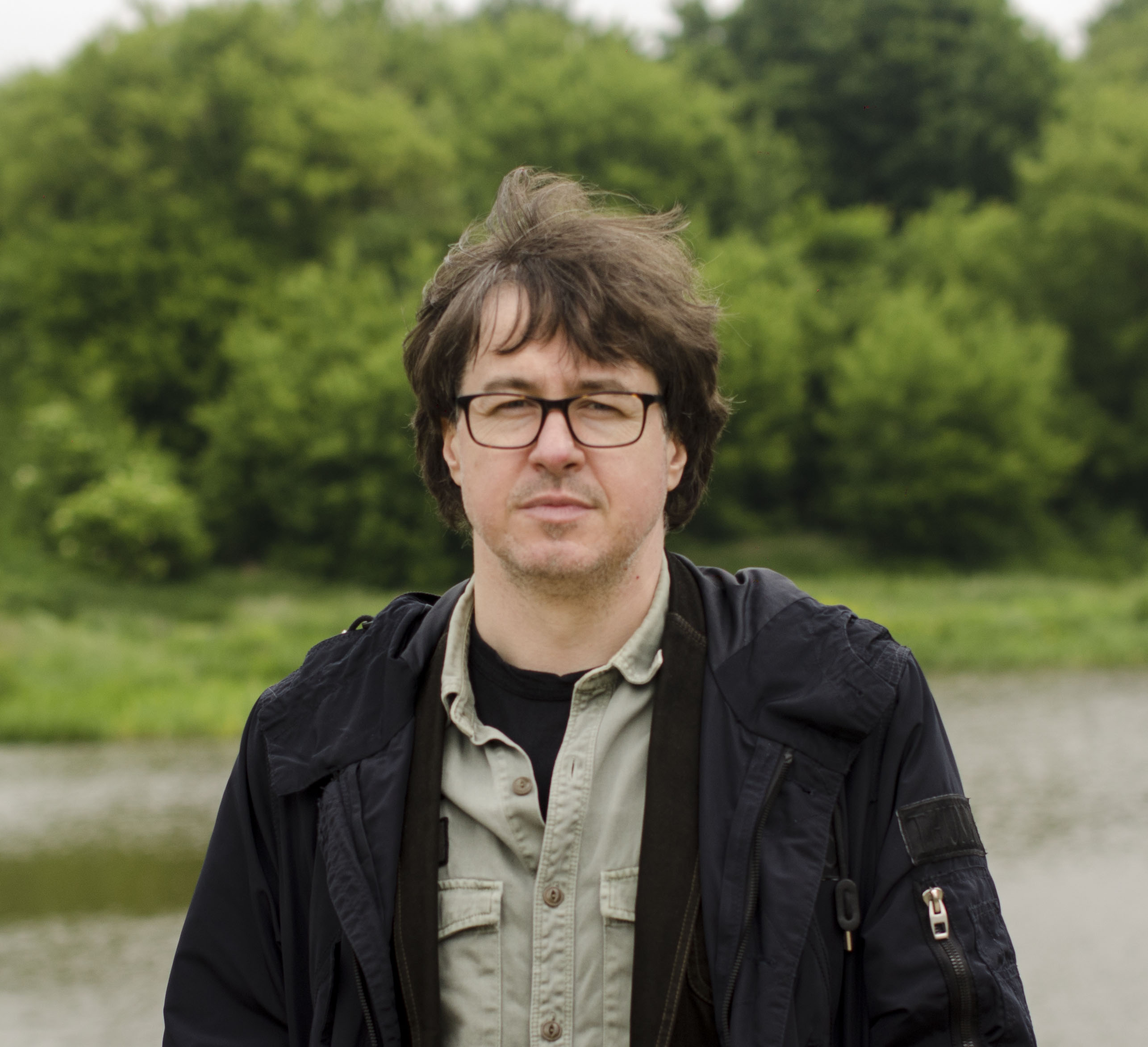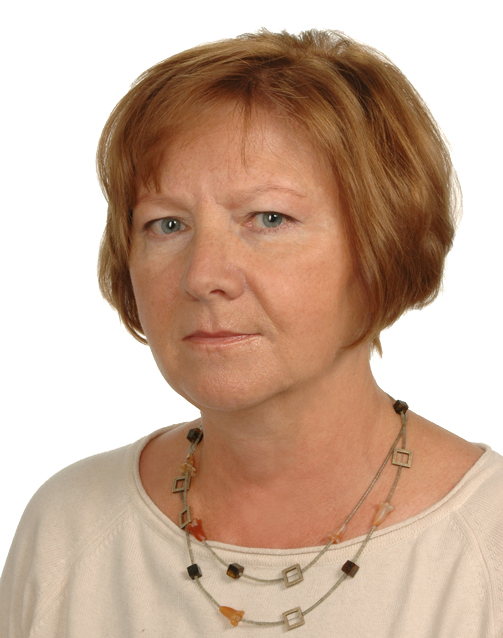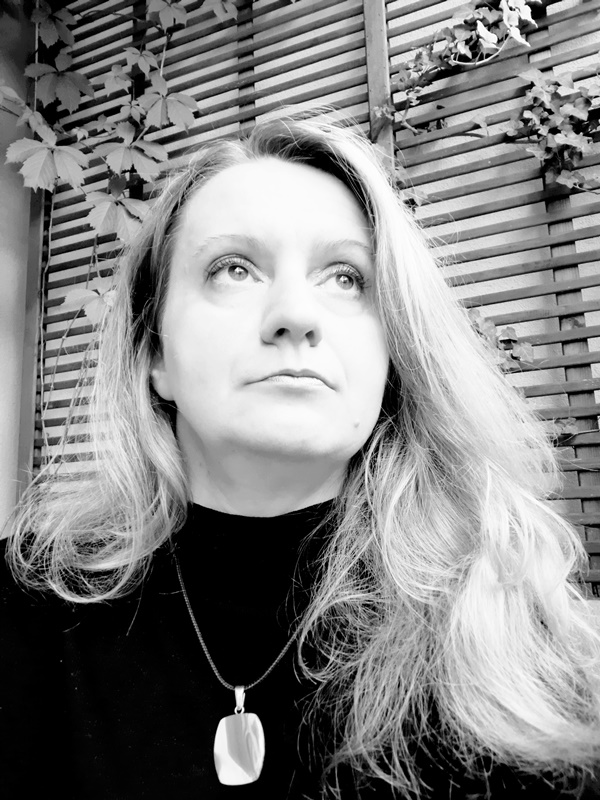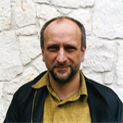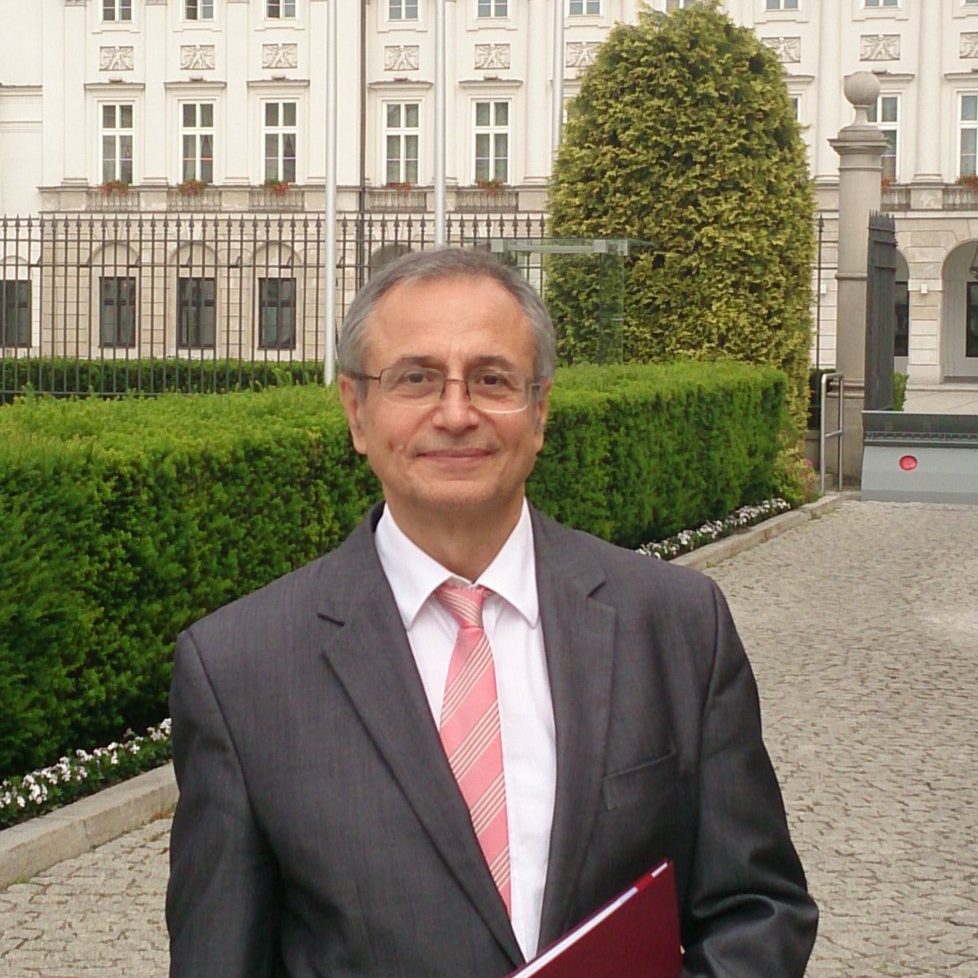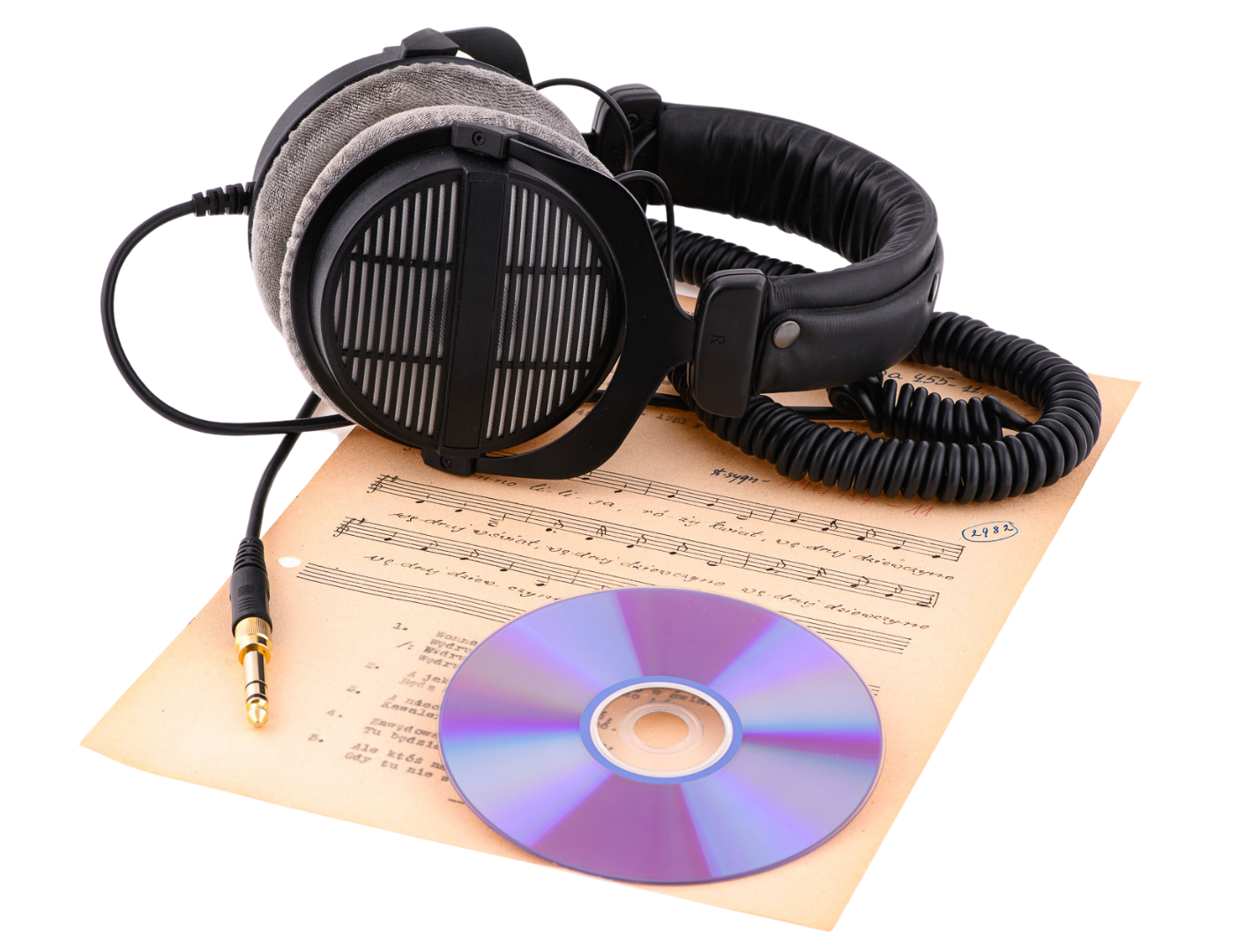
Etnofon
Polish traditional music - phonographic heritage. Current state, preservation, sharing is a strategic and multi-stage project implemented since 2014 at the Phonographic Collections of the Institute of Art of the Polish Academy of Sciences under the direction of Dr Jacek Jackowski. The project aims to create, develop and maintain a central digital repository (etnofon.ispan.pl) of documentary phonographic and film recordings capturing Polish traditional song and music as well as folk dance.
They say about us
Project reviews
„Etnofon.pl czyli wielki zbiór cyfrowy Instytutu Sztuki Polskiej Akademii Nauk imponująco się rozwija gromadząc liczne rozproszone po Polsce i instytucjach zbiory muzyki tradycyjnej i dodając także nowe własne nagrania do tego zbioru. To dzieło i idea dr Jacka Jackowskiego i jego współpracowników, których jest nie mało, a wszyscy jak natchnieni pracują nad tymi zbiorami- pieśniami i utworami instrumentalnymi [...]"
"Na stronie etnofon.pl stworzonej przez Zbiory Fonograficzne IS PAN można odsłuchać nagrania związane z dziedzictwem kulturowym Polski. Piękno i prostota śpiewaczek i śpiewaków, wiedza o zwyczajach i tradycji wpływa na lepsze zrozumienie przeszłości. Wydawnictwa płytowe opisane z należytą wiedzą i pietyzmem są nieocenionym walorem poznawczym nie tylko dla nas obecnie żyjących ale i dla przyszłych pokoleń. Cieszę się, że nauka w przystępny sposób spotyka się z działaniami artystycznymi po to by w atrakcyjny ale i rzetelny sposób przekazywać ją dalej mieszkańcom Mazur i turystom odwiedzającym ten region[...]"
"Gdy w 1930 roku Łucjan Kamieński zakładał Archiwum Fonograficzne w Poznaniu, nikt, włącznie z nim samym, nie mógł przewidzieć, iż niespełna 100 lat później powstanie Etnofon – potężna baza fonograficzno-dokumentacyjna, będąca bezcennym źródłem wiedzy dla wszystkich badaczy i miłośników szeroko pojętego folkloru. Ktokolwiek borykał się z problemem ustalenia źródeł (o ile jest to w ogóle możliwe w przypadku pieśni ludowej, z reguły wędrownej), z chwilą powstania Etnofonu zyskał niespodziewanego sojusznika. Zaryzykuję nawet stwierdzenie – jeśli w najbliższych latach wzrośnie liczba badań o zakroju komparatystycznym, jest wielce prawdopodobne, że dokona się to właśnie za sprawą Etnofonu[...]"
"Etnofon.pl is one of the few Digital Repositories I like to return to during my research work. The well-designed database, intuitive search options and logically grouped content make this phonographic digital library an excellent tool for researching folklore. Also interesting is the Authors' idea that Etnofon should associate other Polish institutions that have music archives[...]."
“For me, Etnofon is a breakthrough project in Polish research on folk music and culture. It creates completely new possibilities, giving direct access to a huge resource of materials that until now were scattered and poorly recognized.
The large-scale digitisation of Polish phonographic collections and their placement in a central repository has several undoubted advantages, of which in my opinion the most important are the following three[...]"
"Poland is a country that suffered tremendous archival losses during the Second World War. This also applies to music collections. All the more important is the unique phonographic collection of the Institute of Art of the Polish Academy of Sciences, which was based on the materials collected during the Folklore Music Collecting Campaign[...]."
"The project ‘Polish traditional music - phonographic heritage. Current state, preservation, sharing’, having been implemented at the Institute of Art of the Polish Academy of Sciences since 2014 under the supervision of PhD Jacek Jackowski, is one of the most important contemporary scientific ideas concerning the broadly understood Polish folk culture. It also covers the musical culture of ethnic minorities living in Poland and has an interdisciplinary scope - I am convinced that it will be important not only for ethnomusicologists, but also for cultural studies, folklorists, ethnologists, philologists, dialectologists, media scholars, theologians, as well as musicians and non-professional amateurs of Polish folk culture (whose number is constantly growing) [...]"
“The project ‘Polish Traditional Music - Phonographic Heritage. The current state - preservation – sharing’ that has been carried out for several years makes us realize how rich the collections of Polish folk music are - located in various cultural institutions, scientific institutes, Polish Radio broadcasting stations, museum archives or private collections. Most of the recordings need to be secured, copied onto modern carriers, technically elaborated, digitized and - ultimately - made available via the Internet database[...]"
“Since the 1950s, recordings of folk music have been collected in Poland - from the unprecedented Musical Folklore Collecting Campaign to a number of both individual and institutional initiatives whose main goal was (and still is) documenting and preserving traditional forms of musical culture. Today it is difficult to estimate how numerous these collections in general are. It is also difficult to assess their value - historical, ethnographic, artistic, as well as the technical condition of the carriers on which the recordings were made (both audio and audiovisual)[...]"
“The resources of audio and film recordings documenting Polish folklore (especially performing arts - singing, instrumental music, dance) as well as national and ethnic minorities are as large (unexpectedly) as scattered. In view of the catastrophic damage that World War II caused in this area, these collections are priceless. Therefore, the long-term initiative of the Institute of Art of the Polish Academy of Sciences, also in cooperation with the Liber Pro Arte Association - centralisation of these collections and information about them, technological support, digitisation, professional elaboration and sharing - is profoundly worth supporting[...]"
"The project of PhD Jacek P. Jackowski, head of the Phonographic Collection at the Institute of Art of the Polish Academy of Sciences, a member of the Liber Pro Arte Association, is crucial for the preservation of sound carriers documenting musical folklore in Poland. These recordings, dating back to the 1960s, are scattered in various institutions and local cultural institutions. Personnel changes, the changeability of the activity programs of these institutions in communes, districts and voivodships expose these collections prepared by local enthusiasts of traditional/ethnic/folk music to neglect, oblivion and destruction. PhD Jackowski has developed numerous contacts "with the area" and gained a good understanding of the "map" of recordings in Poland[...]"






